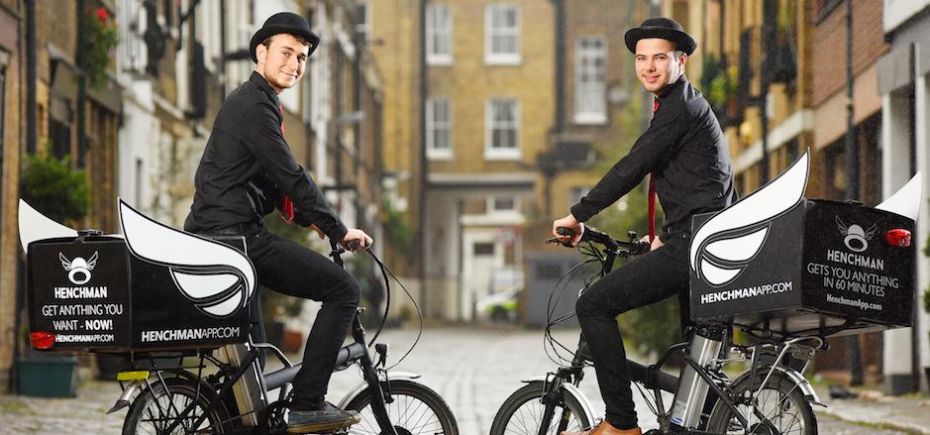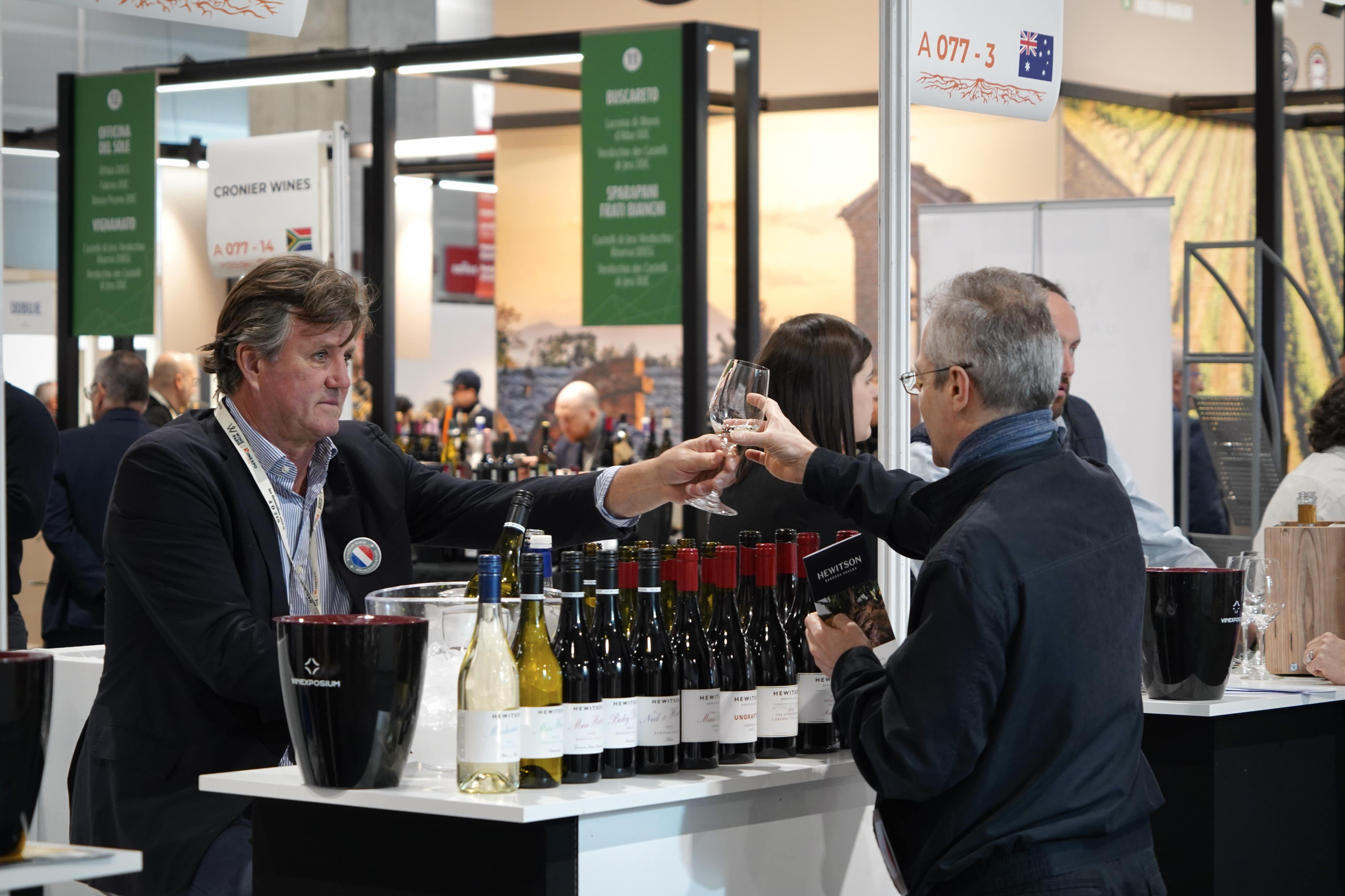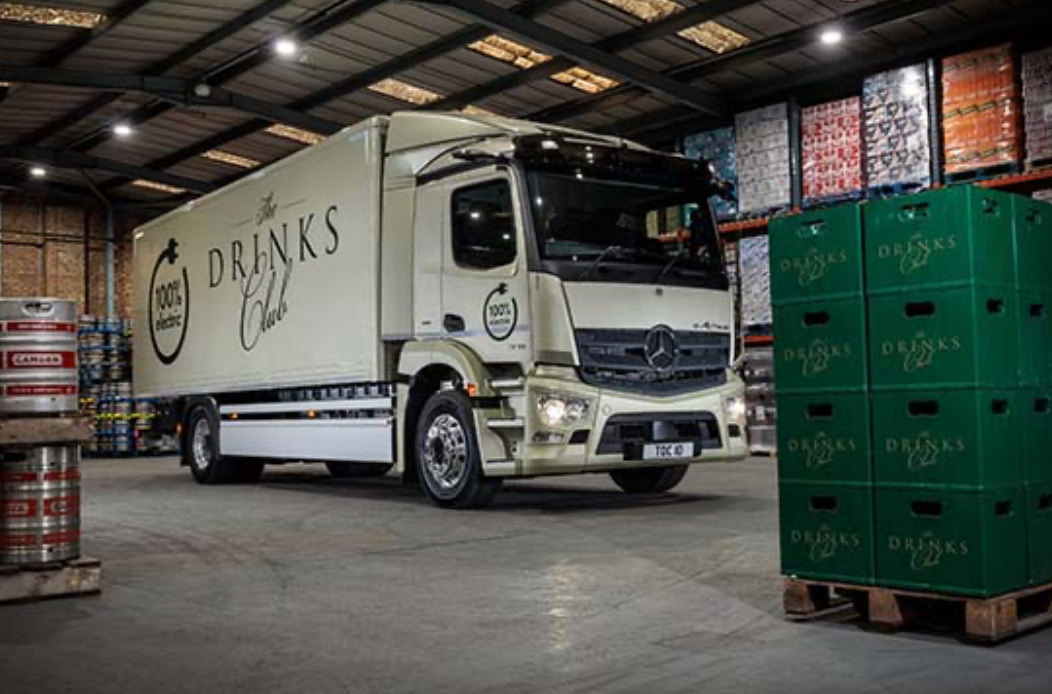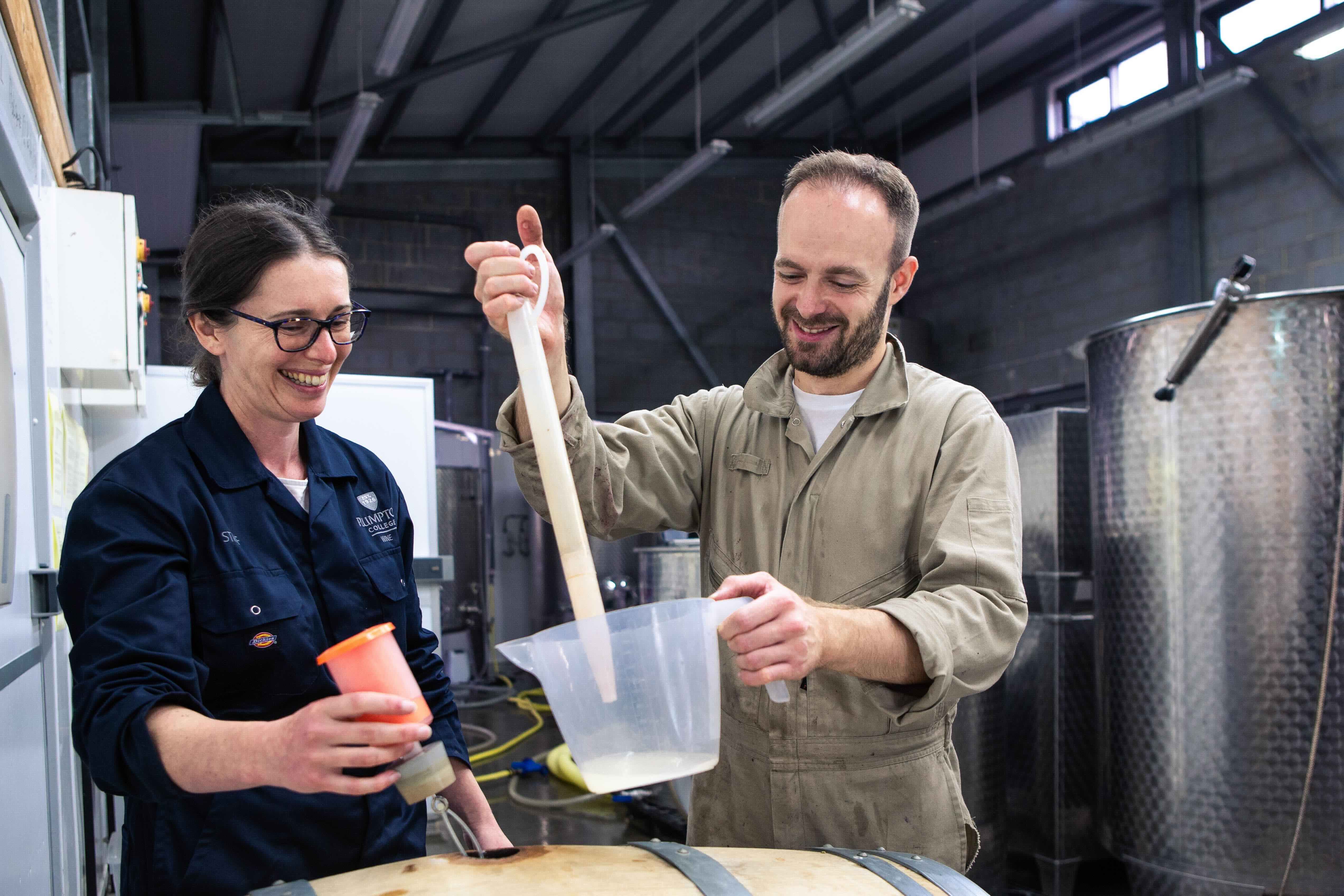Worrying about how well you are treating and serving your guests whilst they are in your restaurant is one thing, caring about them when they are in the comfort of their own homes is quite another.
Well, for an increasing number of restaurateurs and their teams that is exactly what they increasingly have to concern themselves with.
The popularity and growth in on-demand services driven, literally by the likes of Uber, are now threatening to revolutionise the way restaurants, bars and pubs can capture customers’ food and drinking spend, even when they are miles away from their local outlet.
The power and functionality of on-demand apps now means it is possible to pick up anything your heart desires and have it delivered direct to your home in around an hour – providing you happen to live within a couple of miles of a major city centre.
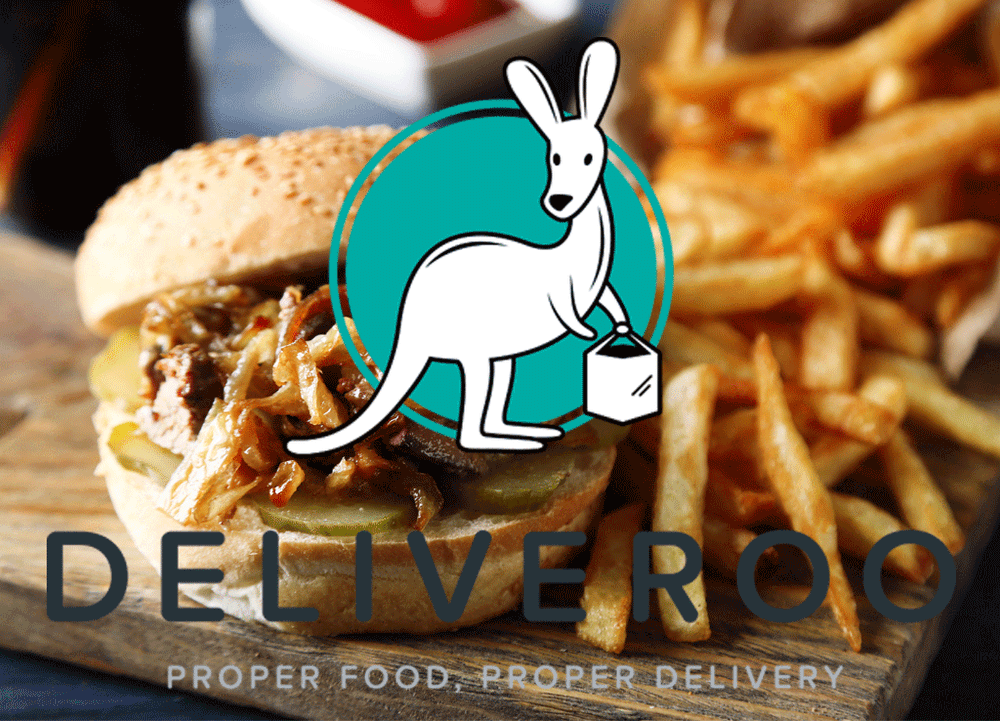
Phenomenal growth in three years of trading
It seems you can’t go 100 yards, for example, in central London without being passed by a Deliveroo courier be it on bike, motorbike or foot.
As well as giving consumers unrivalled access to premium food and drink delivered to their door within minutes, it is changing the face of what the traditional on-trade outlet is all about.
It is blurring the lines between what they can offer. No longer do you have to rely on customers coming to you, you can take your business and your offer right to their front door, said Adib Bamieh, chief operating officer, of Henchman, which claims to be most premium of all on-demand services.
It is the sheer speed of how fast consumers are responding and engaging with on demand services that means any on-trade outlet looking to tie in customers needs to be looking at them very closely, stressed Bamieh.
Deliveroo, for example, has gone in three years from delivering food locally to Chelsea restaurants, to is now in 52 cities and 12 countries around the world and is on a similar growth trajectory as Uber.
Within the hour deliveries will be the norm
How long term the success of on demand services can be will ultimately lie in technology, but Bamieh estimates that in five years all major cities will have on-demand services similar to theirs.
“We will all expect to have whatever we want delivered to our door within an hour for as little as a £1 charge,” he explained.
“It is going to be the future. Same day will be seen as first class and next day delivery will be regarded as slow as second-class post.”
“It is going to be the future. Same day will be seen as first class and next day delivery will be regarded as slow as second-class post.”
Henchman hopes to take a considerable share of the on-demand pie itself. It started in 2014 as primarily a premium courier and errands service, picking up keys, dropping off dry cleaning and keeping the City working whilst its Henchman did its chores.
But over the last year it has been building up relationships with top London venues to take their premium food and drink offers direct to their customers’ homes. M Restaurants, for example, is one of its partners and has a list of wines also available on the Henchman website.
This is where Bamieh’s experience working in the London on-trade as a wine buyer for some of the major distributors including Bibendum, Enotria and Pernod Ricard has been very helpful.
It makes sense, explained Bamieh, that if you are going to order fine restaurant quality food to eat at home that you have restaurant quality wine to go with it.
It promises to get exclusive wine from some of the capital’s leading outlets, like M Restaurants, to people’s doors within half an hour to an hour. What’s more it will do so for only an additional £3.99 plus 10% of the value of the wine.
“We want to improve our own offer but at the moment our average is 29 minutes for wine and 40 minutes for food,” he said.
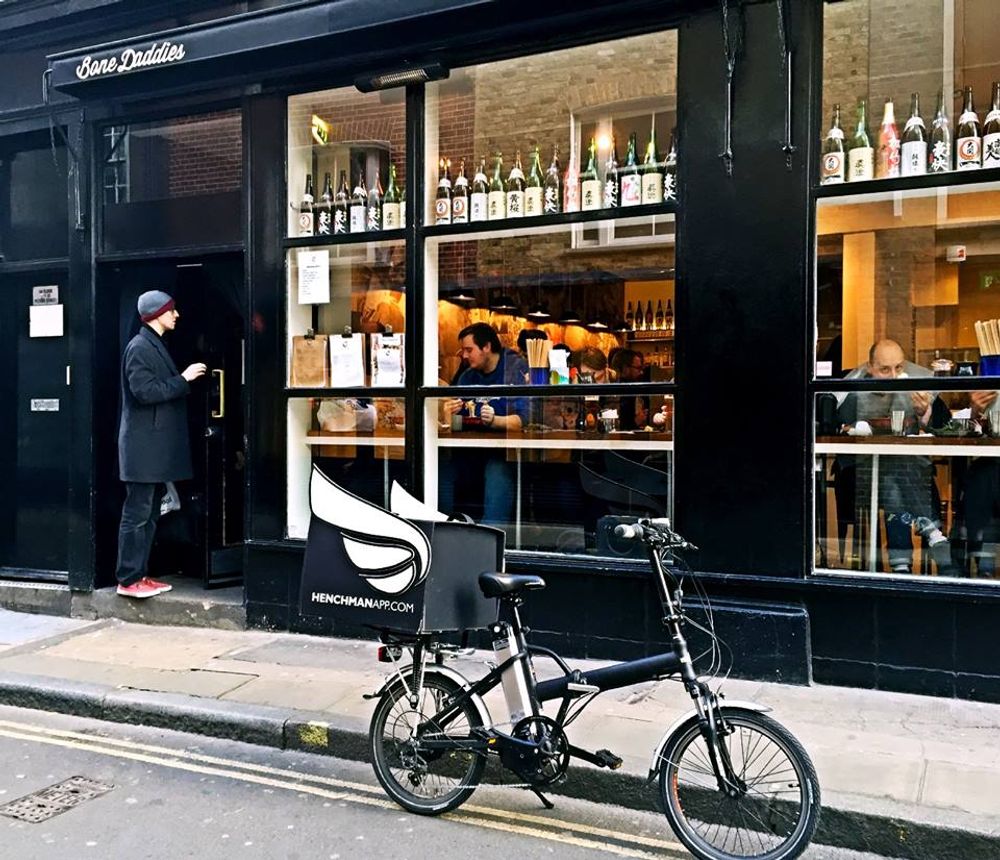
Huge potential
Henchman’s own growth shows how much potential there is in on-demand with revenues up 50% a month based on zero marketing.
Bamieh is also realistic to know it will take longer for alcohol on-demand sales to reach the levels it has already done for restaurant food.
“But as soon as people realise the quality of wine, for example, that they can get delivered to their door then it will grow to the same scale as food,” he claimed.
Clearly on-trade operators are not going to be able to charge the mark ups and margins they do in restaurants for the same wines delivered to peoples’ homes.
But there is still a healthy 25% to 30% margin to be had, he added.
Access to pick-up points
All that is holding on-demand services back is access to stock and pick up points, stressed Bamieh.
It is constantly looking for suppliers that can act as mini pick up points across London where it can send its drivers to pick up goods and hit the half hour to hour delivery targets. Most major wine distribution companies are based outside city centres, so there is going to be huge potential for those who are fleet of foot enough to open smaller storage hubs in central locations across the country.
If you don’t know what to do with that unused function room you could do worse than turn it in to a mini-logistics hub.
It equally opens the on-demand door to switched on wine merchants and specialist drinks stores.
Blurring further the line between the traditional on and off-trades.
